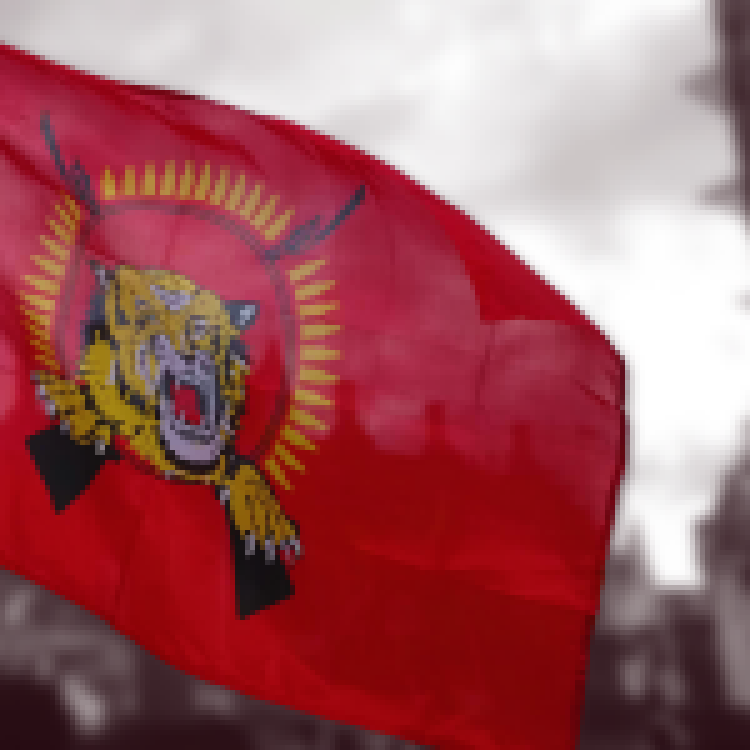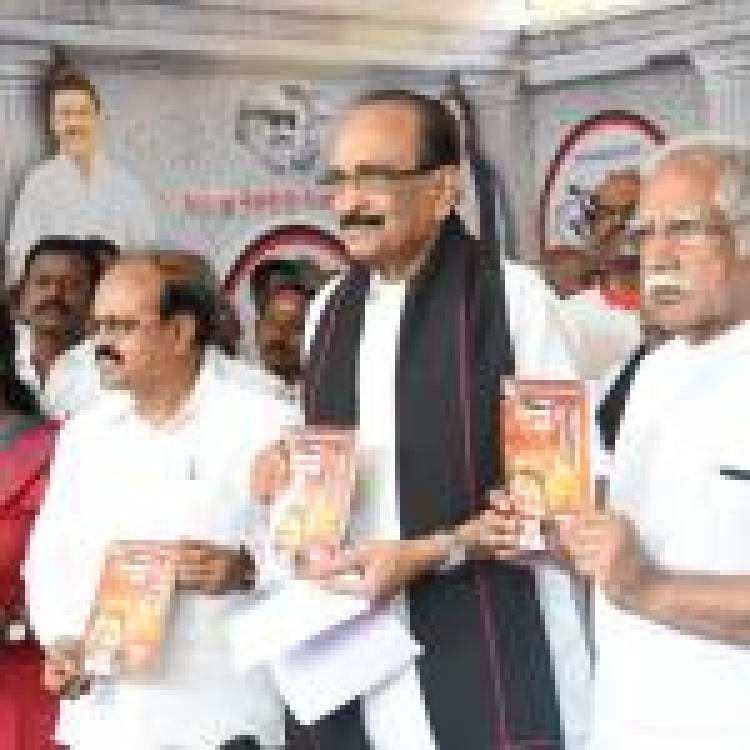
The Delhi High Court tribunal has upheld the Indian government's decision to extend the five-year ban on the Liberation Tigers of Tamil Eelam (LTTE), claiming the now defunct organisations poses a continued threat to India's "sovereignty and territorial integrity".
The tribunal, led by Delhi High Court Judge Manmeet Pritam Singh Arora, ruled that the LTTE’s pursuit of a separate Tamil Eelam, or homeland, remains a direct challenge to India’s unity. According to the Indian Press, the tribunal cited the LTTE's objective—seeking an independent Tamil state—could lead to the cession or secession of part of Indian territory, making it a violation of Indian laws.
The government had extended the ban on May 14, 2024, and the tribunal’s ruling reinforces this decision. It was constituted by the Ministry of Home Affairs under the Unlawful Activities (Prevention) Act (UAPA), following a review of the LTTE’s activities. Their review included that despite the military defeat of the LTTE in Sri Lanka in 2009, the group’s leadership and sympathizers have continued to promote the cause of Tamil Eelam, raising funds, spreading propaganda, and attempting to regroup both domestically and internationally. Pro-LTTE groups, particularly in Tamil Nadu, have been accused of fostering separatist sentiment.
The tribunal further emphasized that there was "ample and compelling evidence" to classify the LTTE as an "Unlawful Association" under the UAPA, as the group's actions were found to still be actively prejudicial to India's integrity and security.
This legal decision highlights the continuing concerns over LTTE’s legacy, claims over its impact on India's national security. The move comes more than 15 years since the 2009 genocide at Mullivaikkal which saw the defeat of the LTTE and the murder of tens of thousands of Tamil civilians.


